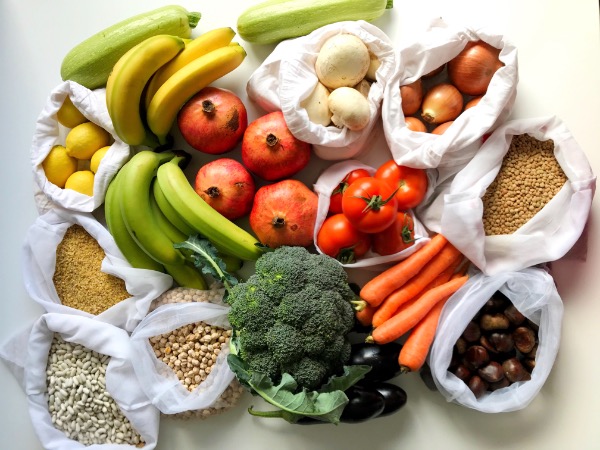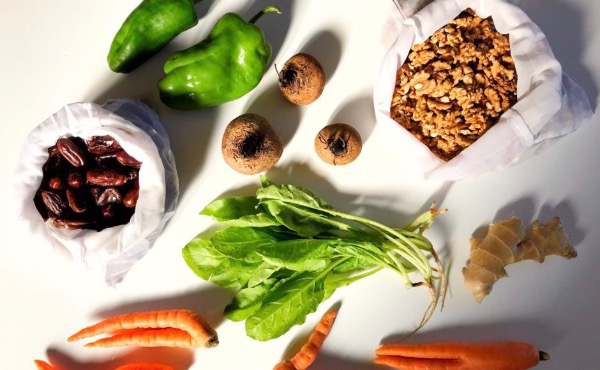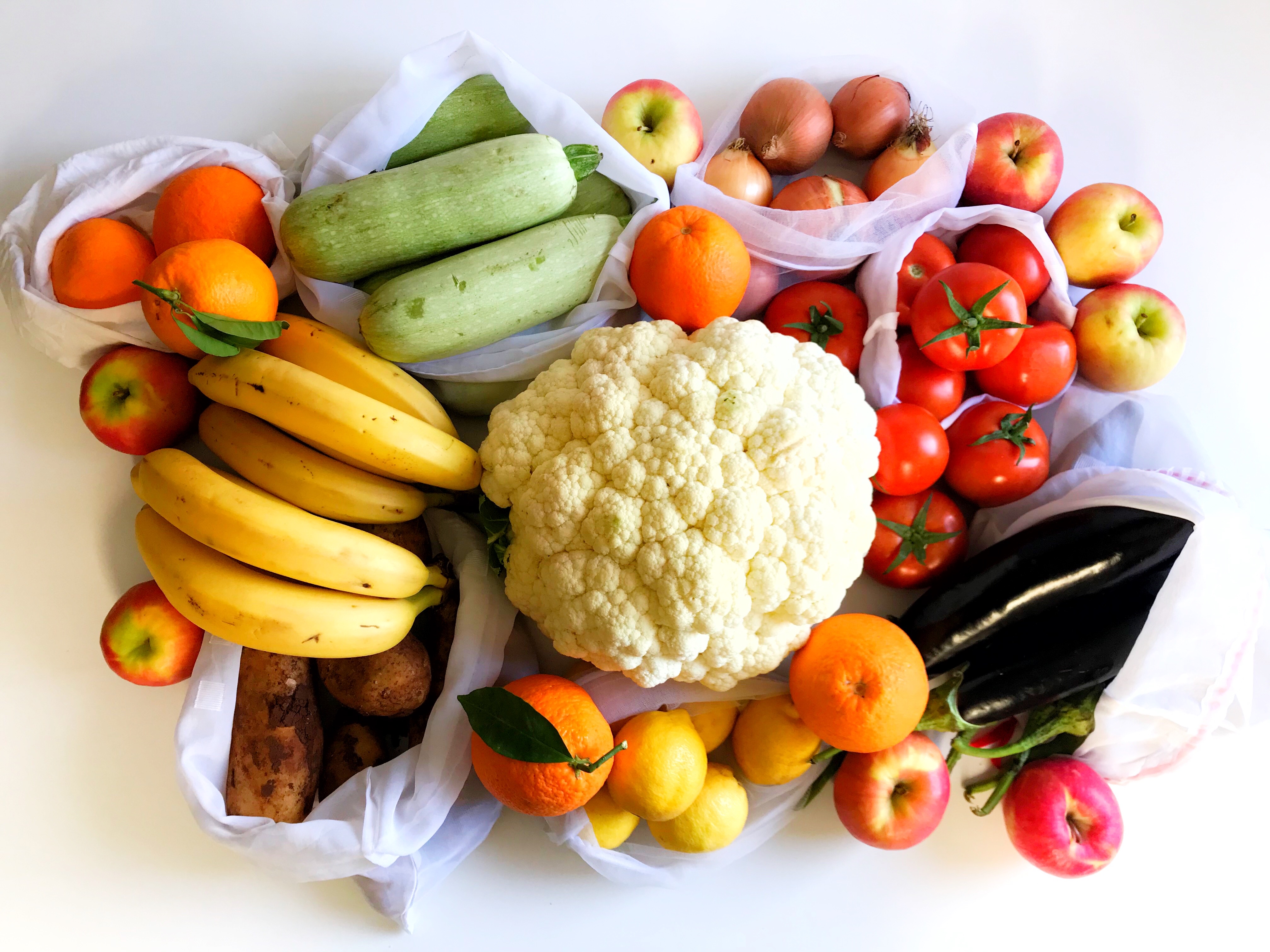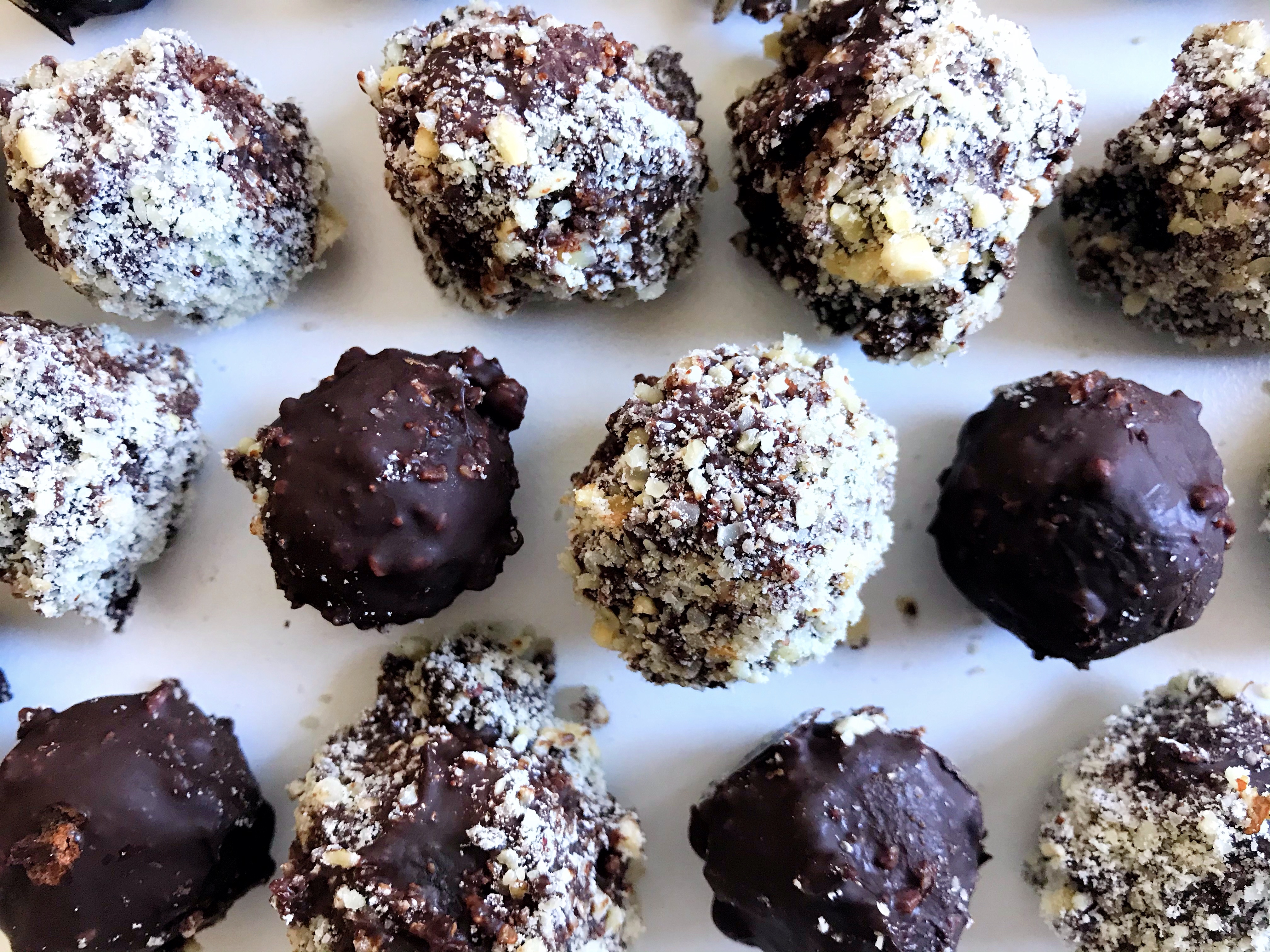What’s the difference between climate change and global warming?
“Global warming” refers to the long-term warming of the planet.
Global temperature shows a well-documented rise since the early 20th century and most notably since the late 1970s.
Worldwide, since 1880 the average surface temperature has risen about 1°C (about 2°F), relative to the mid-20th-century baseline (of 1951-1980). This is on top of about an additional 0.15°C of warming from between 1750 and 1880.
“Climate change” encompasses global warming, but refers to the broader range of changes that are happening to our planet.
These include rising sea levels; shrinking mountain glaciers; accelerating ice melt in Greenland, Antarctica and the Arctic; and shifts in flower/plant blooming times.
These are all consequences of the warming, which is caused mainly by people burning fossil fuels and putting out heat-trapping gases into the air.
The terms “global warming” and “climate change” are sometimes used interchangeably, but strictly they refer to slightly different things.
Source: NASA Global climate change
Please watch this video
Our world is getting warmer.
CO2 in the atmosphere is increasing.
The oceans are getting warmer.
Sea ice is melting.
Sea levels are rising.
THE TIME FOR ACTION IS NOW
Avoiding meat and dairy is the single biggest way to reduce our environmental impact on the planet, according to the scientists behind the most comprehensive analysis to date of the damage farming does to the planet.
The new research shows that without meat and dairy consumption, global farmland use could be reduced by more than 75% – an area equivalent to the US, China, European Union and Australia combined – and still feed the world.
Loss of wild areas to agriculture is the leading cause of the current mass extinction of wildlife.
The study, published in the journal Science, created a huge dataset based on almost 40,000 farms in 119 countries and covering 40 food products that represent 90% of all that is eaten. It assessed the full impact of these foods, from farm to fork, on land use, climate change emissions, freshwater use and water pollution (eutrophication) and air pollution (acidification)
“A vegan diet is probably the single biggest way to reduce your impact on planet Earth, not just greenhouse gases, but global acidification, eutrophication, land use and water use,” said Joseph Poore, at the University of Oxford, UK, who led the research.
“It is far bigger than cutting down on your flights or buying an electric car,” he said, as these only cut greenhouse gas emissions.
Source: Avoiding meat and dairy is single biggest way to reduce your impact on Earth
Health point of view
People following vegan/plant based lifestyle have the lowest risk for cancer, compared with lacto-ovo-vegetarian, semi-vegetarian, pesco-vegetarian, and non-vegetarian eating patterns, according to a study funded by the National Cancer Institute.
Studies also show that plant-based diets help protect against breast, colorectal, prostate, and other cancers.
Red meat, on the other hand, increases the risk for breast, colorectal, and prostate cancers. So does processed meat, such as bacon and hot dogs.
In 2015, after 22 experts from 10 countries assessed more than 800 epidemiological studies, the World Health Organization’s International Agency for Research on Cancer classified consumption of processed meat as “‘carcinogenic to humans’ (Group 1) on the basis of sufficient evidence for colorectal cancer.”
The experts highlighted a meta-analysis that concluded that each 50gram portion of processed meat (about one hot dog) eaten daily increases the risk of colorectal cancer by 18 percent. Research shows that eating 50 grams of processed meat daily also increases the risk of breast cancer, prostate cancer, pancreatic cancer, and overall cancer mortality.
Source: Eat Plants, Not Meat: Dietary Guidelines Should Follow American Cancer Society Recommendations
OTHER THINGS YOU CAN DO IMMEDIATELY
USE & REUSE WHAT YOU HAVE ALREADY AT HOME (instead of buying new things)
DON’T BUY WHAT YOU DON’T NEED (if you need to buy something support circular economy - buy second hand or if this is not an option for you, supra ethical brands.
REDUCE OR ELIMINATE USING SINGLE USE PLASTIC (plastic bags, bottles, cups, straws, cutlery)
Love 💕Inkka
My programme ULTIMATE WHOLE FOOD PLANT BASED LIFESTYLE IS FOR YOU if you want to:
➺ make a positive difference for our beautiful planet
➺ be & feel healthier than ever before and full of energy
Ultimate whole food plant based programme
Learn about
Articles - Zero waste lifestyle
Articles - Whole food plant based lifestyle





